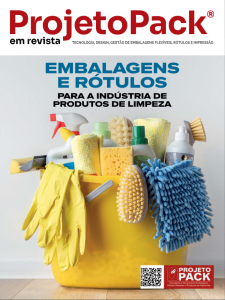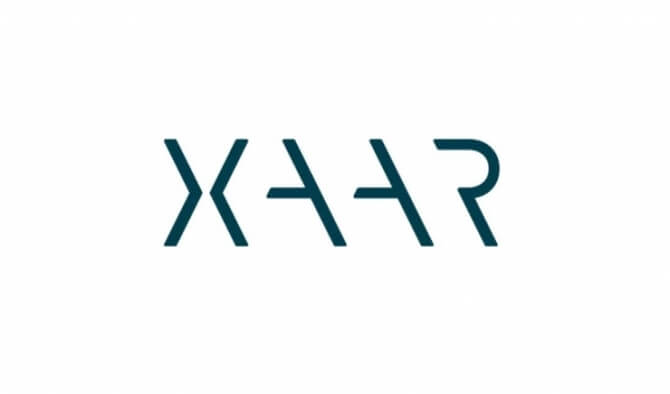Today one of the most discussed subjects worldwide is the digital transformation in manufacturing – the so-called Industry 4.0, an ecosystem of intelligent, modular, decentralized, virtualized and connected factories, that operates in real time via data processing and analyzing obtained from the pure Internet of Things (IoT).
Great. However, as my Italian father would have said: “Tra dire e fare, c’è di mezzo, il mare.” (“Between saying and doing lies the sea.”)
In mid-February of this year, the World Bank released a global report (The World Development Report 2018) on education, largely oriented by the Brazilian students’ performance in all categories measured by the Programme for International Student Assessment (PISA), a worldwide triennial study on general knowledge (mathematics, science, and reading) by the Organization for Economic Co-operation and Development (OECD).
Among the saddest conclusions, is the one that it will take for the Brazilian students a little more than 260 years – (yes, two hundred sixty years) – to achieve a reading proficiency equivalent to that of students from developed countries. Regarding mathematics, it will maybe take 75 years, if one were lucky.
It is clear that, after decades of social constructivism, wrong investments, evasion of funds, bad governance and applied Gramscianism (using the educational system for political indoctrination), the result was expected – a regression to the chipped stone times.
One buy a machine costing millions of Brazilian reais, dollars or euros, and who will operate it? Unfortunately, a byproduct of this education – a person who has great difficulty reading and interpreting a production order, a production process sheet, a product specification and a dashboard that addresses the set goals!
However, there is an even bigger problem: companies, while aware of the problem, prefer to invest little or nothing in the qualification of these people. A very common phrase I hear from customers is “It is better not to train a person, because once it becomes a qualified person, goes to work for the competitors.” In other words, it is better to have a bad operator and to produce less than expected, than having a trained person and motivate and retain that person.
It is for sure that the technology, in the next 260 years, will skyrocket. Until then, who knows, we will have what industry: maybe 10.0, 20.0 or 50.0. The consequences will be cataclysmic, if the mindset does not change, and if Brazil and the companies do not invest in the training of people from the educational base to the development of specific skills.
We do not even discuss the retrograde teaching base, a misaligned base with the skills of tomorrow – a matter addressed with mastery by friends like Martha Gabriel, Gil Giardelli and Murilo Gum.
From an accounting perspective, as well as from a physical and economic point of view, machines and technologies are becoming obsolescence very rapidly, and this will happen more and more. Unlike the open-minded qualified individuals, who possess critical thinking skills, who are creative and have a good education, will improve their talents the more as time passes by.
Industry 4.0 is of no use if the system operator – even if the individual is the Artificial Intelligence programmer, the robotic engineer, or the data scientist – has an educational base of 0.4. A sad and hard truth.
See you in the next article, and I hope the news to be more encouraging on this occasion.
Aislan









